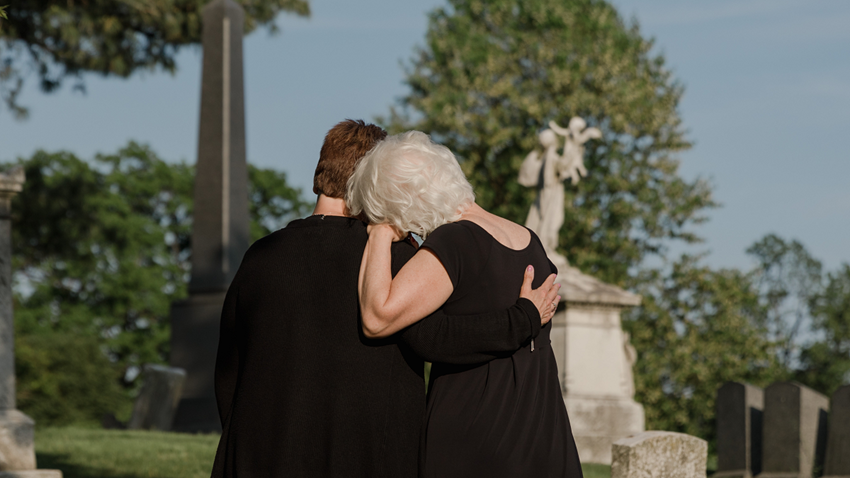A study with 70 participants who experienced after-death communication with deceased partners or spouses reveals that the majority found it comforting (81%) and helpful (84%) in their bereavement and almost half (47%) acknowledged that it eased their loss acceptance.
After-death communication (ADC) is defined as a spontaneous phenomenon in which a living individual has a feeling or sense of direct contact (not mediated, for example, by a medium) with a deceased person. Across societies, 30 to 34% of individuals are likely to experience at least one ADC in their lifetime.
ADCs have been reported across cultures, race, age, socio-economic status, educational level, gender, and religious beliefs. They may occur in several forms, such as a sense of presence, sensory experiences (visual, auditory, tactile, olfactory), symbolic experiences (song on the radio, flower blooming out of season, etc.), electronic experiences (telephone call, Facebook “like”, or email from the deceased, computer anomalies, etc.), visitation or message dreams.
Despite the significant number of reports of these phenomena, studies examining the impact of ADCs on those who have lost partners are still limited. It was in this context that a team of researchers, including Callum Cooper, supported by the BIAL Foundation, developed a study that consisted of an online survey applied to 70 individuals who reported partner ADCs.
In the article "Description and impact of encounters with deceased partners or spouses", published in October in the scientific journal OMEGA - Journal of Death and Dying, the researchers revealed that ADCs didn’t seem to worsen the participants' pain of the loss, since the majority of respondents found them comforting (81%) and helpful (84%) in their bereavement. For almost half of the participants (47%), ADCs seemed to ease their loss acceptance, 40% reported accelerated recovery and 42.9% confirmed the significant influence of ADCs in their grieving, with 61% expressing a desire for continued contact.
The influence on grief-related sadness was variable: 41% of respondents reported no change, while 40% reported reduced sadness. The data highlight ADCs’ substantial, potentially therapeutic role in grief and healing, despite varying effects on sadness and recovery.
According to the researcher of the Centre for Research in Psychology and Social Sciences at the University of Northampton (UK), "this study underscores the ADCs’ possible positive influence on bereaved partners”, advocating for a deeper understanding of this phenomenon in the grieving process.
Learn more about the project “Investigation of the Phenomenology and Impact of Spontaneous and Direct After-Death Communications (ADCs)” here.






































